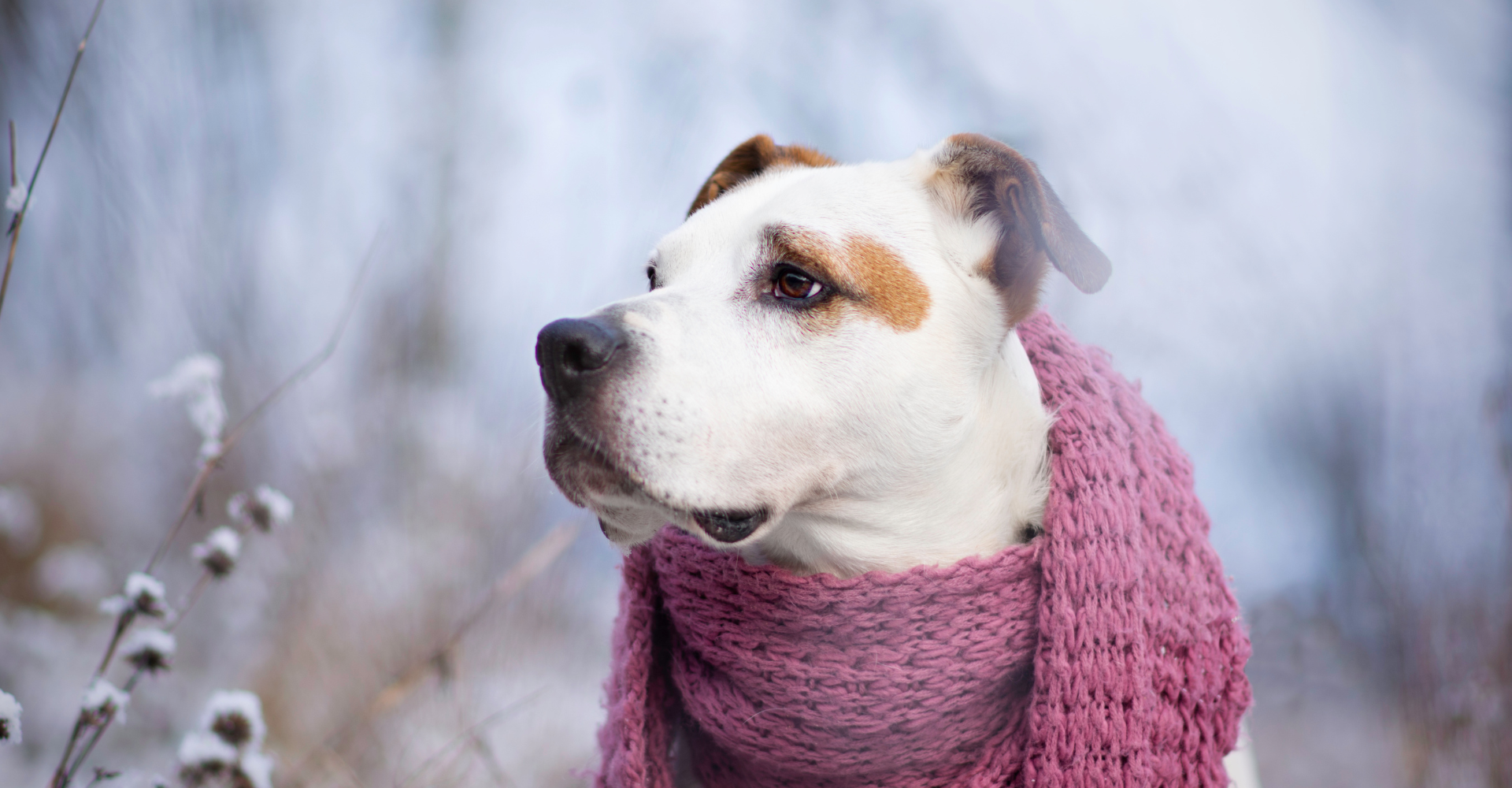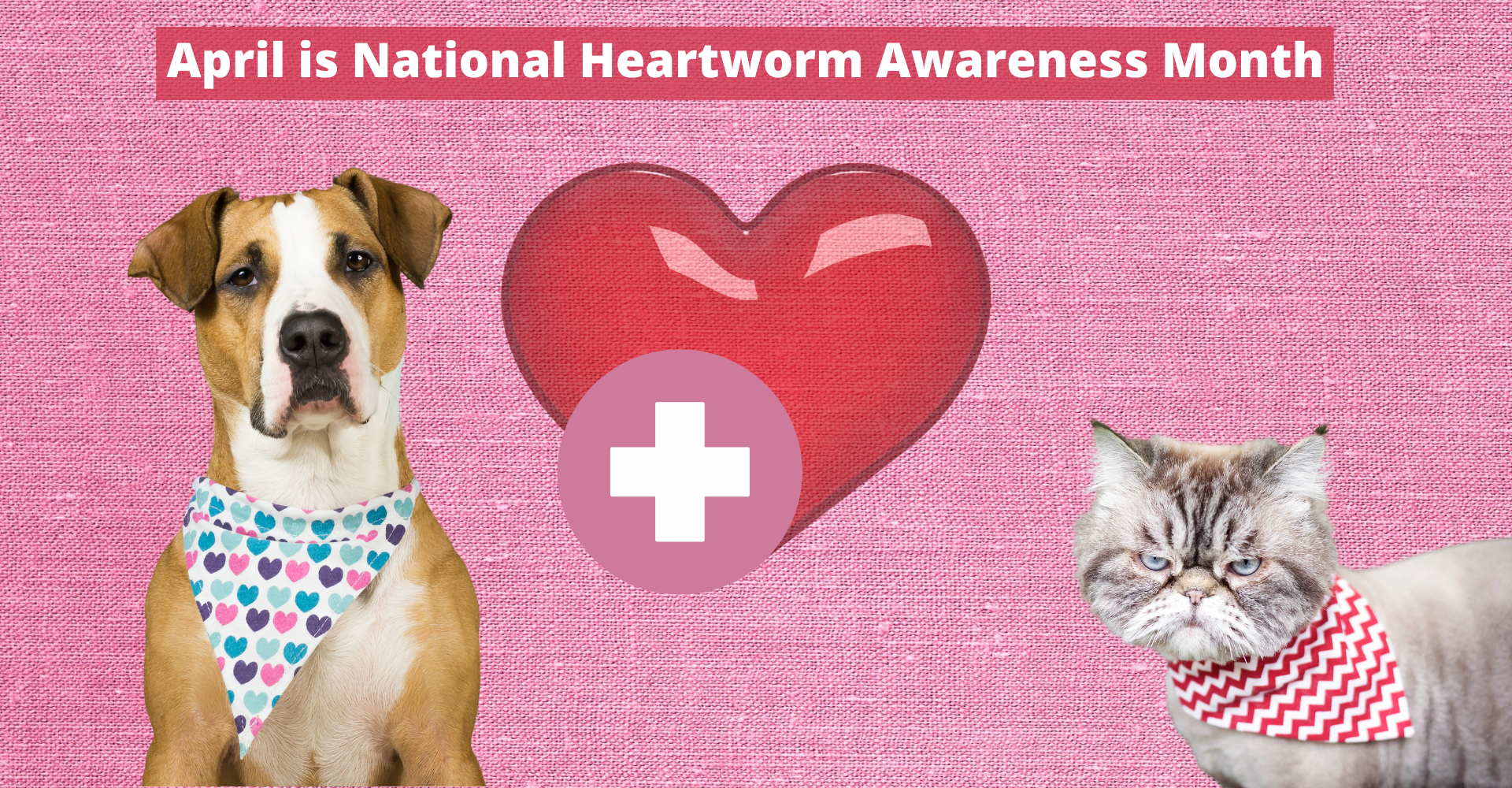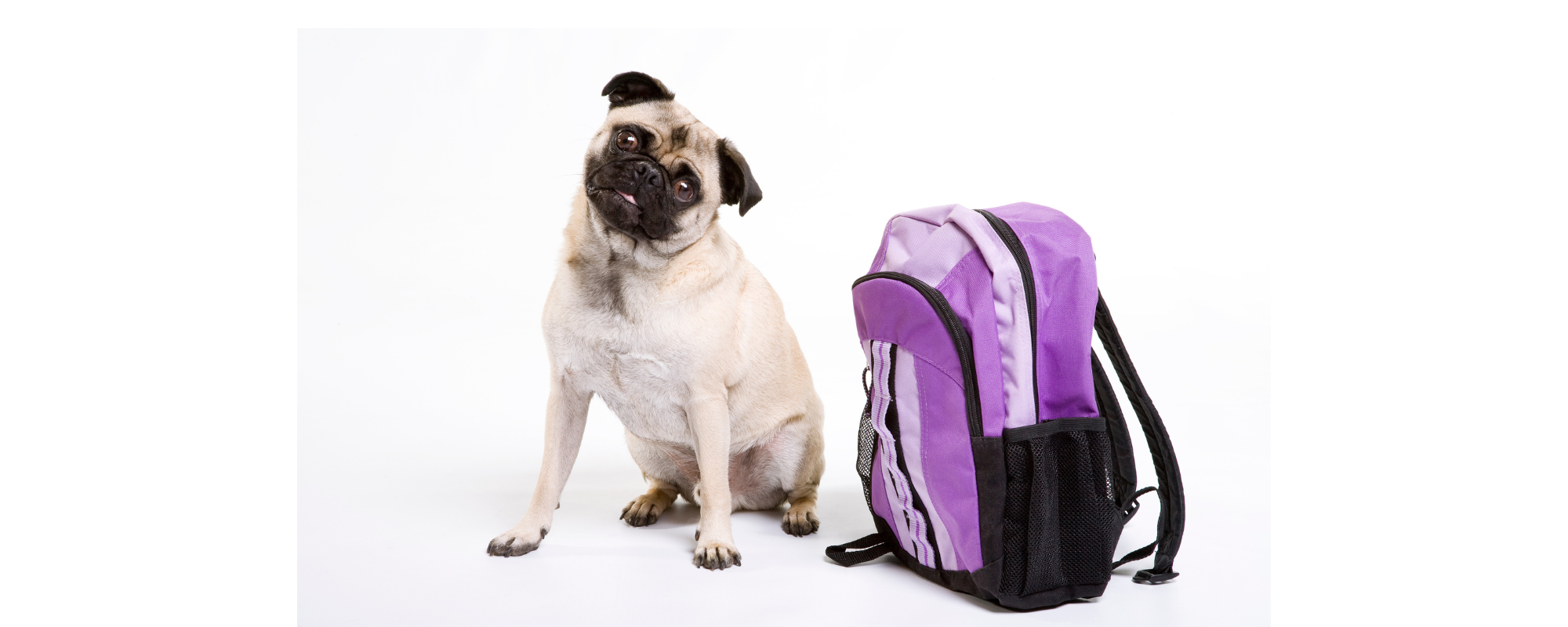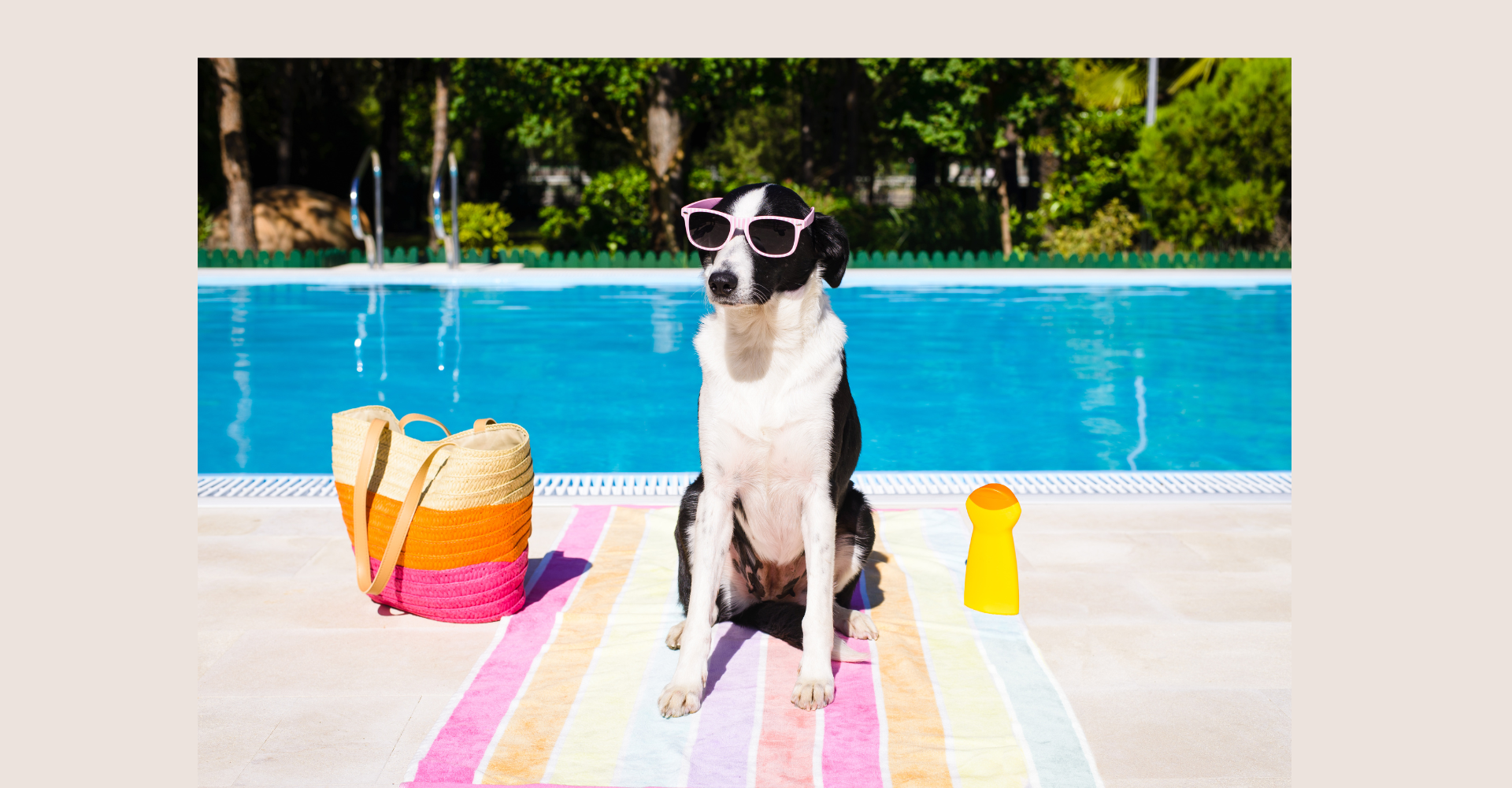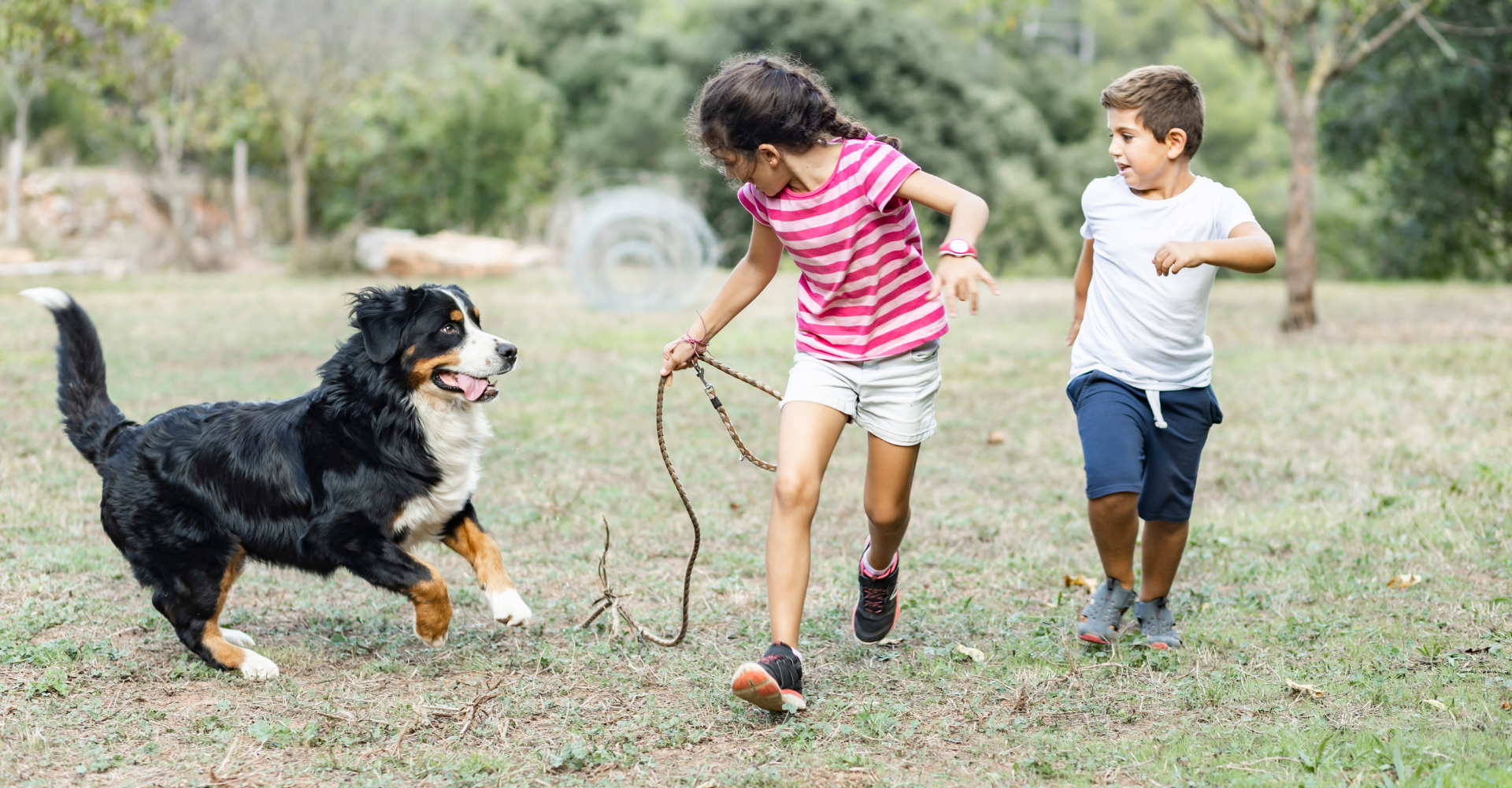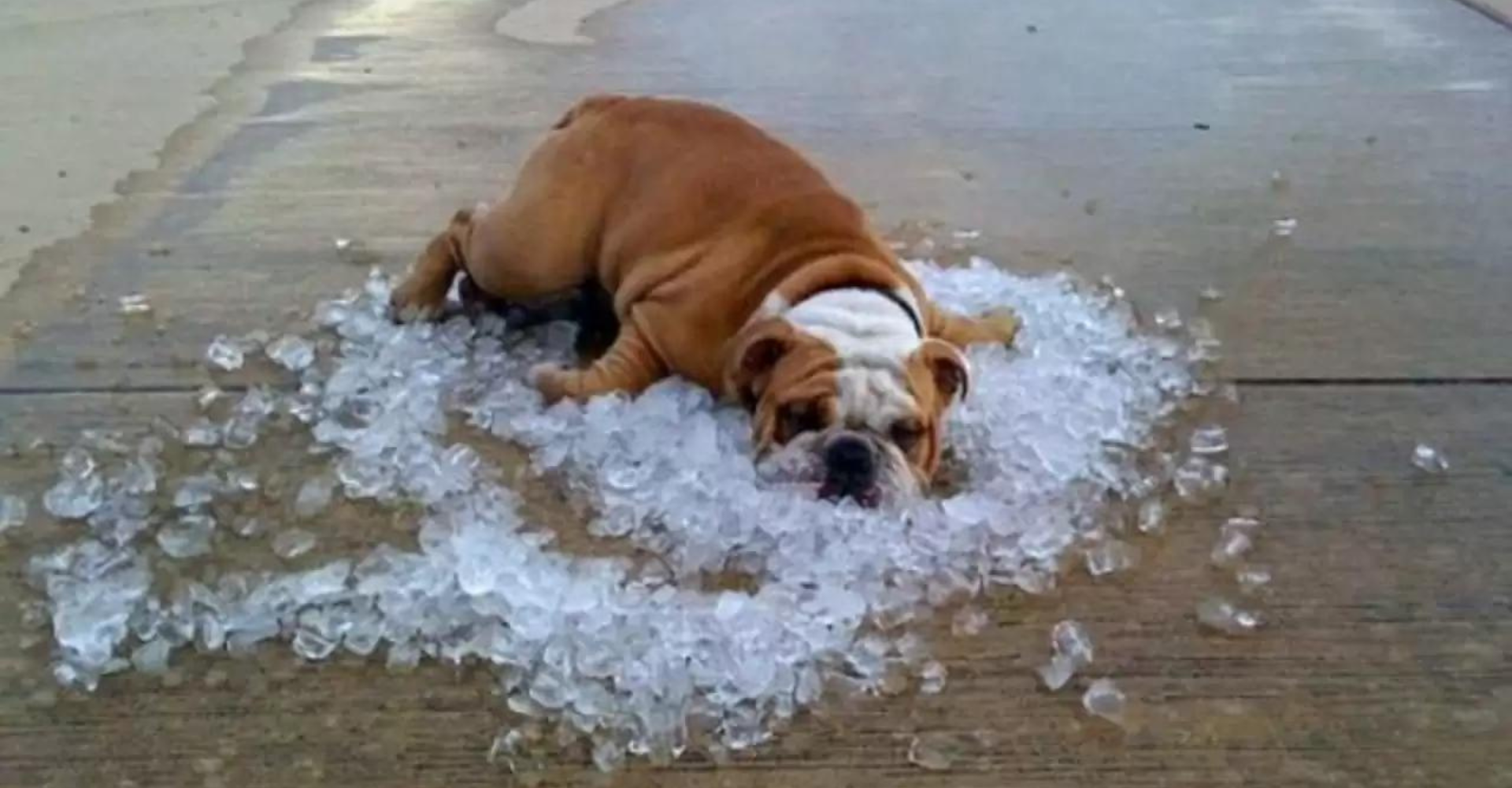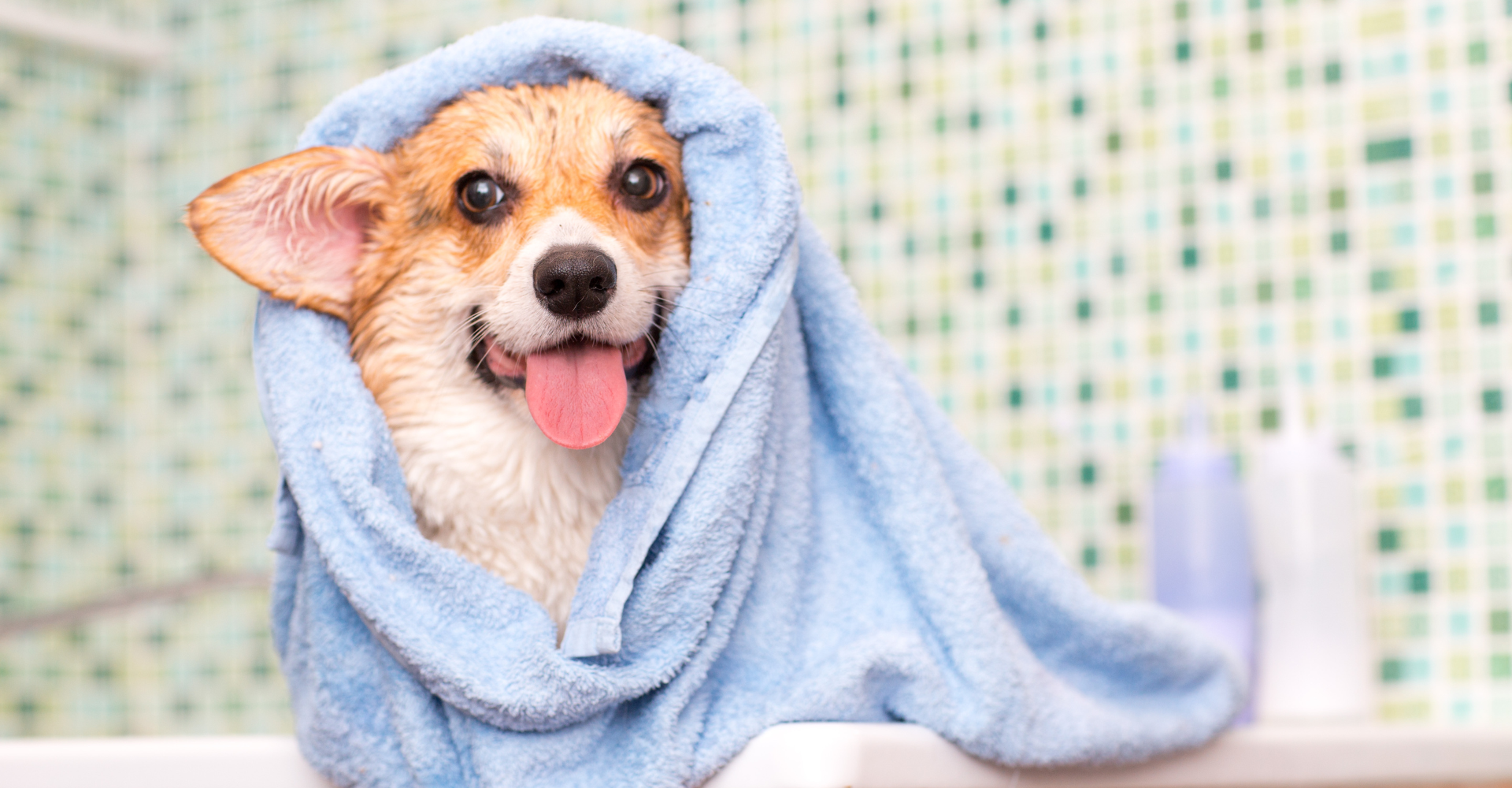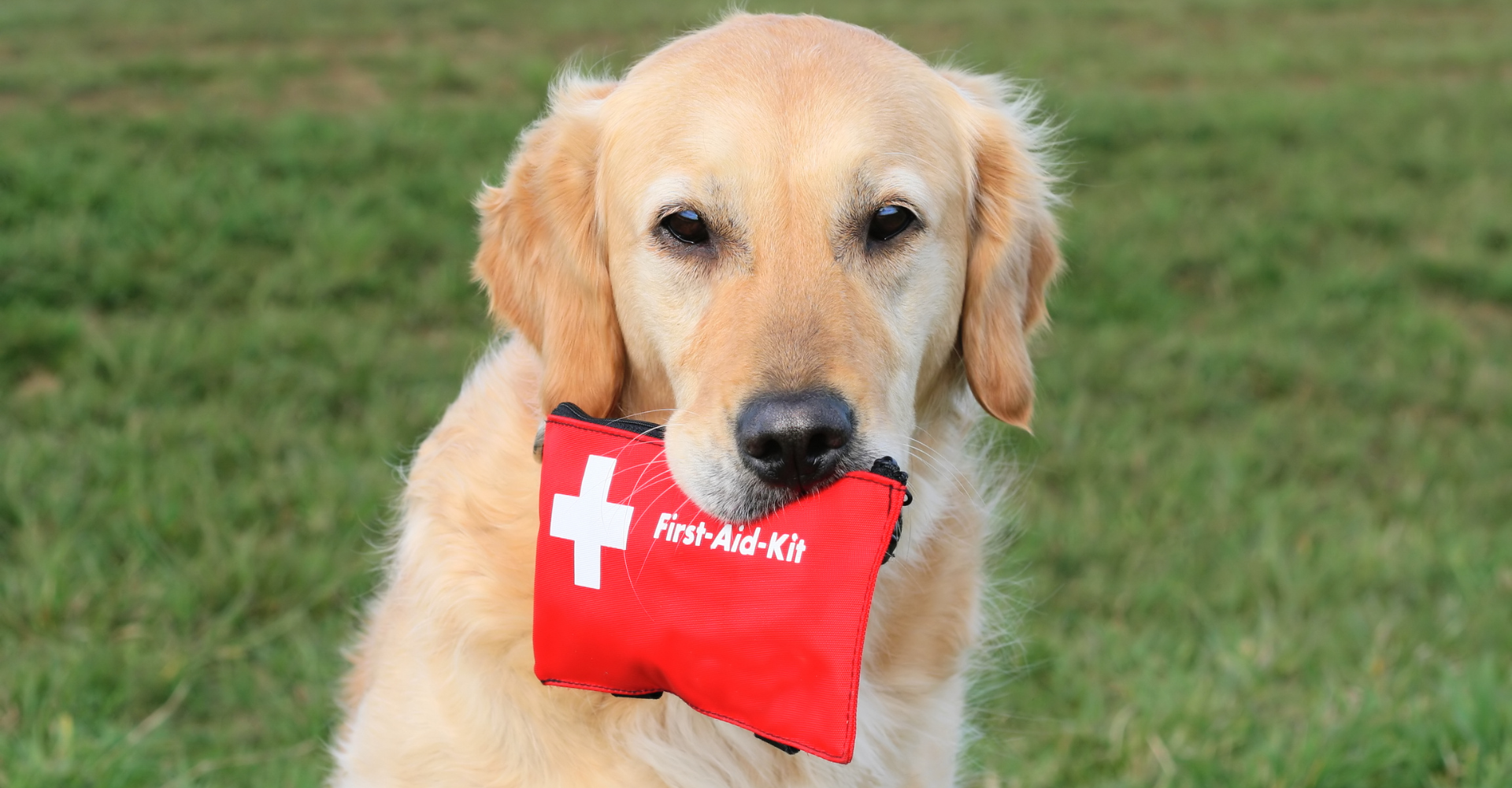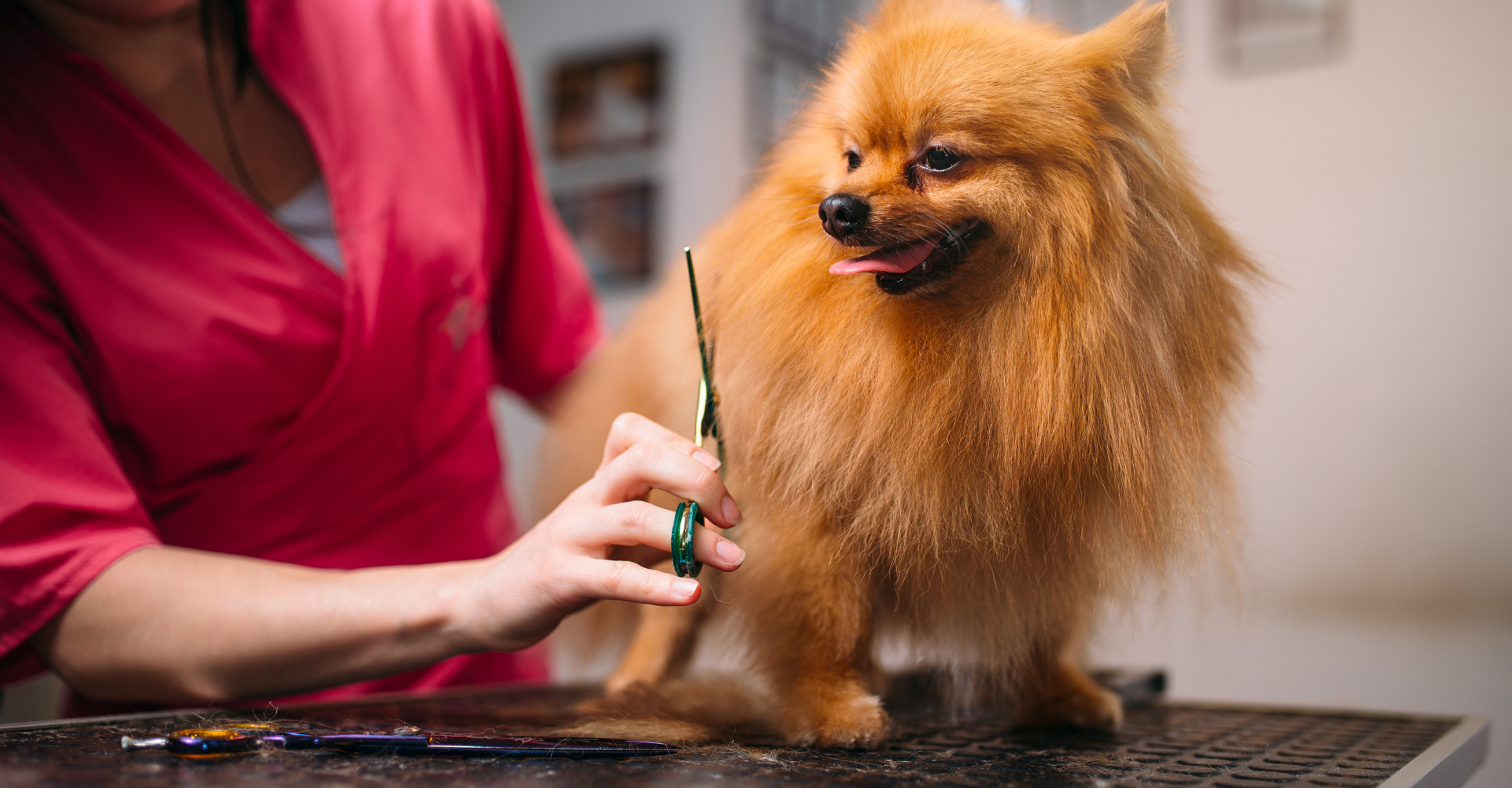Winter Wellness: Keeping Your Dog Healthy and Happy in January
As the chill of January settles in, it's essential to ensure that our furry companions remain healthy and content despite the cold weather. Just like humans, dogs can be affected by the winter season, requiring special care and attention to thrive during these months. Let's delve into some tips and tricks for maintaining your dog's winter wellness. 1. Embrace Indoor Activities With shorter daylight hours and potentially harsh weather conditions, outdoor activities may become limited for your pup. However, this doesn't mean they have to sacrifice exercise and mental stimulation. Get creative with indoor activities such as puzzle toys, hide-and-seek games, or...




